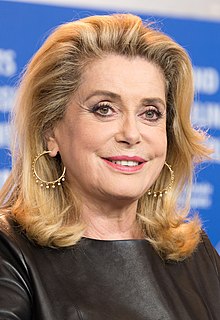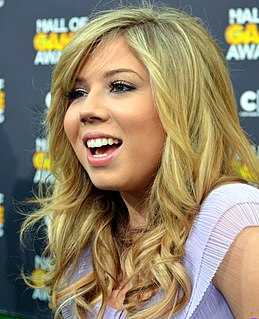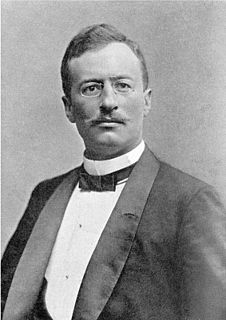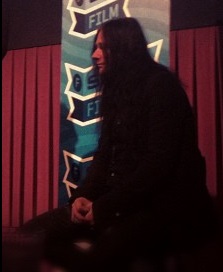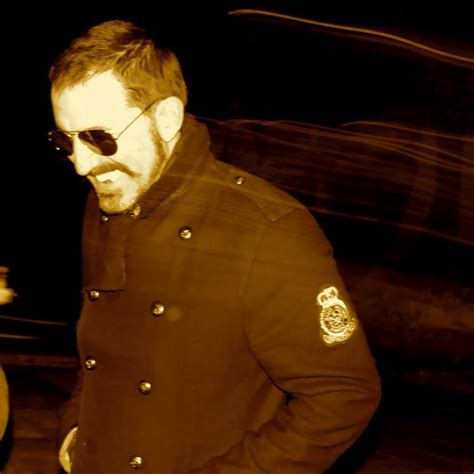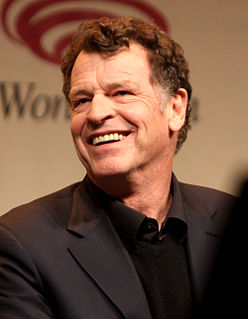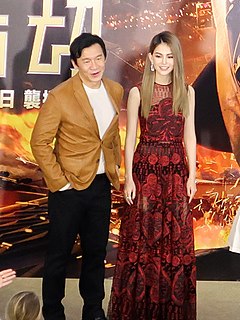A Quote by Catherine Deneuve
Mississippi Mermaid was a very special experience because we only had the dialogues for the scenes we were shooting the night before.
Related Quotes
I got interested in reading very early, because a story was read to me, by Hans Christian Andersen, which was 'The Little Mermaid,' and I don't know if you remember 'The Little Mermaid,' but it's dreadfully sad. The little mermaid falls in love with this prince, but she cannot marry him because she is a mermaid.
Once Henry had heard a crying noise at sea, and had seen a mermaid floating on the ocean's surface. The mermaid had been injured by a shark. Henry had pulled the mermaid out of the water with a rope, and she had died in his arms..."what language did the mermaid speak?" Alma wanted to know, imagining that it like almost have to be Greek. "English!" Henry said. "By God, plum, why would I rescue a deuced foreign mermaid?
Somebody comes to your house. You know they're coming, so it's not a surprise. And they give you an envelope that has your scenes in it. And they sit in the car outside for a half an hour while you read your scenes, then they ring your doorbell and you give your scenes back. Then you shoot the movie a few weeks later or something. The next time you see your scenes is the night before you start shooting. I never read the script [Blue Jasmine], so I didn't really know what it was about.
Through the clouds of smoke I seemed to see all old Asia before me, and the adventures of past years behind me. A carnival of old camp-scenes danced before my mind’s eye, expiring like shooting-stars in the night—merry songs which came to an end among other mountains and the dying sound of strings and flutes. And I was surprised that I had not had enough of these things and that I was not tired of the light of camp-fires.
The downside to making movies at a gallop like we did with 'Wish You Were Here' is that we're shooting four or five scenes in a day, and it's very exhilarating, but you worry at the end of the day that you missed some details because you were moving too quick, and you just gotta trust and be ready straightaway.
Only a very small proportion of us take those excesses with us into later life. In the age before everyone had a camera, it was worthwhile, in my opinion, to record those excesses. Sometimes, many times actually, the young people I photographed were only dressed that way for one night; that one night that they got snapped by me.
My personal beliefs were shaped more by experience and by watching the news when I was young: images of angelic-looking college students in Mississippi crying like the world was ending because black people were being allowed on their campus; the slow mounting horror of Vietnam on the evening news every night; sitting with my parents in front of the TV and being appalled at the way the Chicago police were treating the protesters during the '68 Democratic convention. Being eyed with suspicion because of my age and the way I wore my hair.
